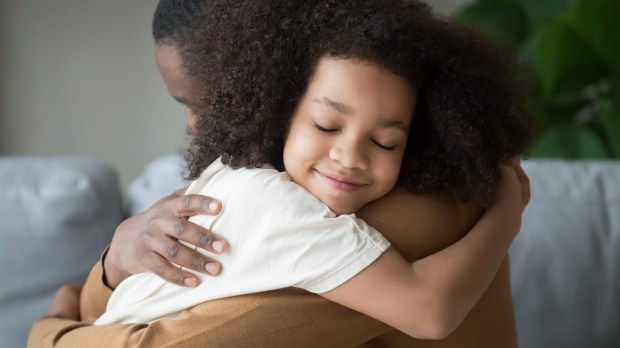Lenten Campaign 2025
This content is free of charge, as are all our articles.
Support us with a donation that is tax-deductible and enable us to continue to reach millions of readers.
The more I parent, the more I realize that my least favorite moments in life are when my children act entitled. And Christmas is a time when ingratitude pokes up his noisy head and starts squawking more intensely than the rest of the year.
All of the lights and smells and bells can create a magical world to delight in and enjoy, or it can produce a restless, unhappy feeling—making you feel left out, empty, or less than. I want my children (and myself!) to truly appreciate this season, so I am always looking for ways to cultivate gratitude, especially around presents. Here are a few I have tried in the past.
The 12 days of Christmas strategy
This is about spreading gifts out. Instead of opening all of their gifts on Christmas day, we have had our children open one gift a day for the 12 days of Christmas. This way, there is some excitement to look forward to at the start of the Christmas season, and it takes less pressure and unwrapping from Christmas day.
If 12 seems like a lot of gifts, especially if you have multiple children, consider gifting group gifts for most of the days, as well as experiences or consumables. We go out to eat as the gift for one day, and another of the gifts they unwrap is a piece of paper that says, “pick out your favorite fruit at the grocery store!” and another might be “go bowling today” or “donuts for breakfast” today.
Try gifting fewer presents; instead, gift more experiences
Going to the zoo or a special local museum, or watching a movie at the theater are all wonderful, special moments that allow you to spend time with each other. These times create memories and form community without accumulating more stuff and clutter.
Play the “what is more important” game
In this game that I learned from some good friends, everyone takes turns coming up with little scenarios where you are trying to decide what is more important, people or things. Some examples, “If we’re all on the way to a special event, and we see someone we can help on the side of the road, what do we do?” or “If we really want to get a Christmas tree tomorrow, but our neighbor asks us for some help, do we tell our neighbor to wait or do we wait to get our tree?” This helps reinforce the idea that what we want can wait if there is someone who needs help in life—people are the most important.
Write thank-you notes
Practice the art of the handwritten thank-you note after Christmas, and get in a few good lessons on address writing, spelling, and grammar to boot. If you have little ones, you could have them draw a picture and dictate their gratitude to you to write for them.
Have your children pick out gifts for other kids who might not get gifts
Your parish or local community may have toy drives set up. While on your trip to buy the toys, try listing all the things you’re grateful for out loud, especially your health, your transportation, your friends—things that are more easy to overlook and take for granted.
A final note is that it is never too late to change how you approach giving your children things in the new year.
I know that I have to constantly reflect on what I give my kids as far as treats and gifts and special outings go. If I realize we are doing too much, we cut back. It is hard at first, but it makes it all the more special when we do celebrate something with a treat or experience after having been without it for a while.



